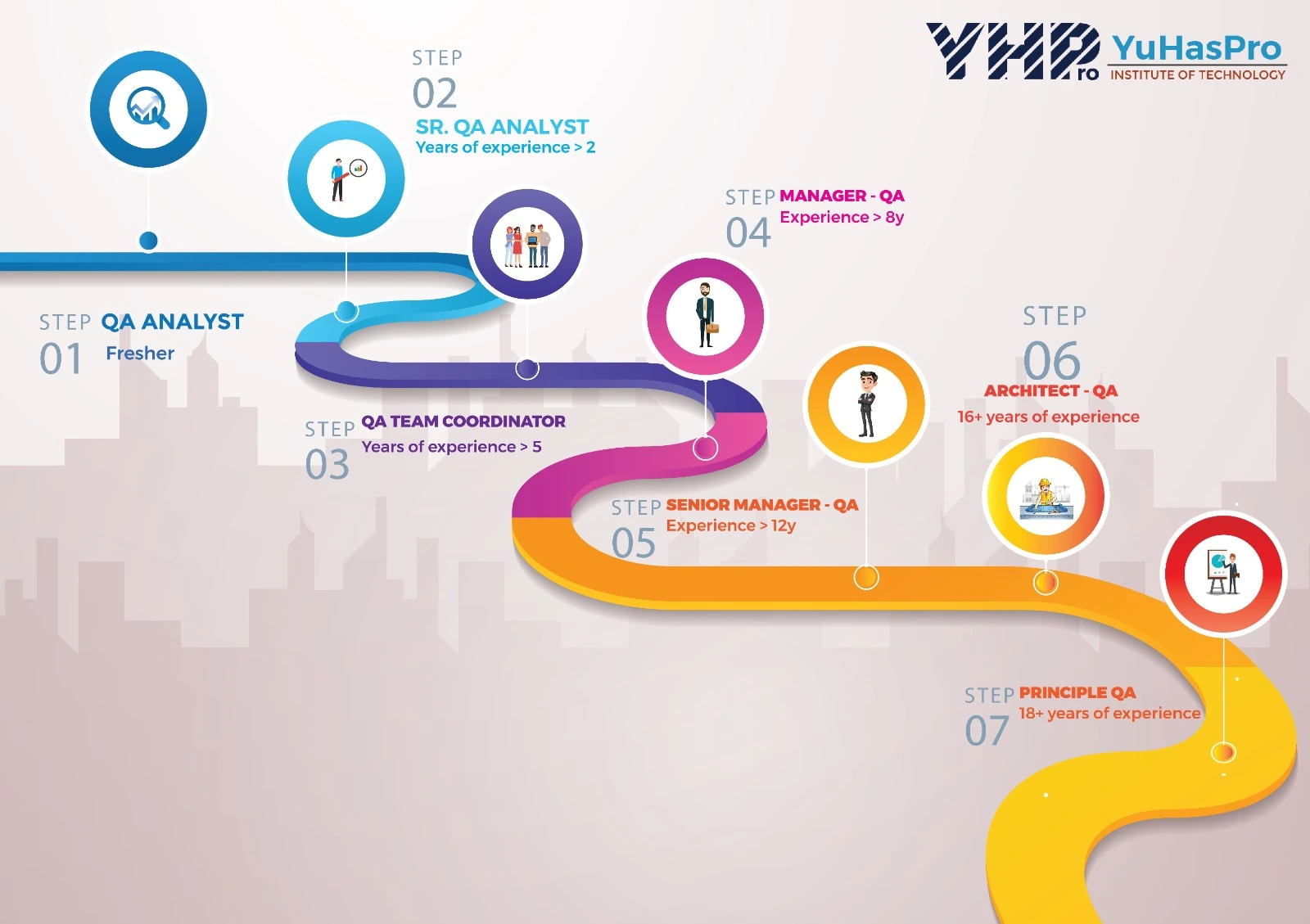Looking to start a Software Testing Career? The software testing field is a great place to begin. It’s a field where your attention to detail and curiosity make a difference. Testers help ensure that apps, websites, and tools function as intended for users.
Whether you’re new to tech or upskilling, this path offers plenty of learning and growth. Let’s explore what a Software Testing Career looks like from day one.
Why Software Testing Matters
Software testing is essential to ensure digital products function as intended. It helps find bugs, boost performance, and keep data safe before users get access.
Without proper testing, even small problems can cause crashes, security issues, or unhappy users. Testing also saves time and money by catching issues early in the development process. More than just spotting mistakes, testers help create smoother experiences.
In today’s fast-moving tech world, companies count on skilled testers to deliver quality work and build trust across devices and platforms.
Looking to build a strong career in software testing? Join YuHasPro, the best software testing institute, and gain the skills to become a trusted tester in today’s tech world.
Types of Software Testing
Software testing is more than just spotting bugs; it’s about making sure everything runs smoothly for the people who use it. There are different kinds of testing, each focusing on a specific part of the product. Let’s dive into it.
Manual Testing
This test is performed manually by clicking buttons, filling out forms, and checking if everything works fine. It’s useful when you want to understand how a real user might experience the app.
Automation Testing
Some tests are repetitive and time-consuming. That’s where automation helps. You use tools to write scripts that test the product for you. It’s like setting up a robot to do the time-consuming work.
Functional Testing
Think of this as checking if all the main features are working. Can users log in? Can they place an order? It’s about making sure the core functions do exactly what they’re supposed to.
Performance Testing
Ever been on a slow website? Performance testing helps prevent that. It checks how fast and stable the system is, especially when many people are using it at once.
Security Testing
This type of testing checks for weak spots where data could be stolen or misused. Testers act like friendly hackers, checking the system carefully to make sure it stays safe and secure.
Usability Testing
Usability testing is all about the user’s experience. Is the app easy to use? Can people find what they’re after without any trouble? This testing makes sure everything feels clear and straightforward.
Regression Testing
When something gets updated, like a bug fix or new feature, regression testing ensures nothing else gets broken along the way. Think of it as a quick review after changes.
Enroll today at YuHasPro and start building a successful software testing career with the right skills and training.
What the Career Path Looks Like
Here’s a general view of how software testing jobs can progress and what a career path in software testing typically looks like:
1. Trainee or Junior Tester
At this stage, you start by learning manual testing basics and writing test cases, all while working with guidance. It’s a time to focus on learning and building strong skills for the future.
2. QA Analyst or Test Engineer
As you gain experience, you begin working independently on projects. You may be introduced to test management tools, Agile processes, and even automation basics. Communication and collaboration become more important here.
3. Automation Tester
Moving from manual to automation testing is a common next step. Learning popular tools like Selenium or Postman can open up new paths. Automated testing helps teams save time and work more effectively.
4. Senior QA or Module Lead
After gaining 3 to 5 years of experience, you may lead others, oversee testing phases, and help shape project decisions. You’re trusted to check the work and keep testing aligned with goals.
5. QA Lead
This position means leading the team, organizing plans, and coordinating with different departments. You’ll spend less time doing tests yourself and more time focusing on strategy, improving processes, and keeping the product quality on track.
Start your software testing career today by enrolling in our software testing course at YuHasPro and take the first step toward these exciting job opportunities.
Skills That Matter
To grow in a software testing career, some basic skills really make a difference.
- Attention to detail: Small mistakes can lead to big problems.
- Communication: Testers need to explain things clearly and work well with others.
- Problem-solving: Finding bugs is like solving little puzzles.
- Curiosity: Always ask, “What happens if I try this?”
These skills help you spot issues early and make better, more reliable software for everyone.
Learning and Growing in the Field
There are many ways to grow your skills in software testing. Online tutorials, real-world projects, and mentorship all help. However, structured training from a trusted institute can speed up learning, especially if you’re just starting or switching careers.
At YuHasPro, we offer hands-on training in software testing. We believe in guiding beginners with the right foundation. If you’re exploring this field, getting the right start can make all the difference.
Conclusion
A career in software testing offers plenty of chances to solve interesting problems and help create products people can trust. Whether you’re new to the field or ready to level up your skills, this path is full of learning and growth.
If you’re wondering how to get started or need guidance to move forward, YuHasPro is here for you. Our hands-on training gives you real experience and the confidence to succeed in the industry.
Why wait? Explore our software testing courses and start your tech career today!
FAQs
- What is the difference between automated and manual testing?
Manual testing involves a person testing at each step, while automation testing relies on tools to run tests quickly.
- What tools do software testers use?
Testers use tools like Selenium, Postman, and JIRA to check features, report bugs, and manage test cases.
- Do you provide any certification after the course?
At YuHasPro, we provide a course completion certificate to show you’ve gained real skills through hands-on training.
- Do you offer placement assistance after the course?
After the course, we continue to guide you with building your resume, preparing for interviews, and finding job opportunities.
- Are there any prerequisites to join the software testing course?
You don’t need a tech background; we start from the basics, so anyone eager to learn can begin their journey with us.
Kickstart your software testing career with expert-led training at YuHasPro—enroll now and gain the skills to succeed.


